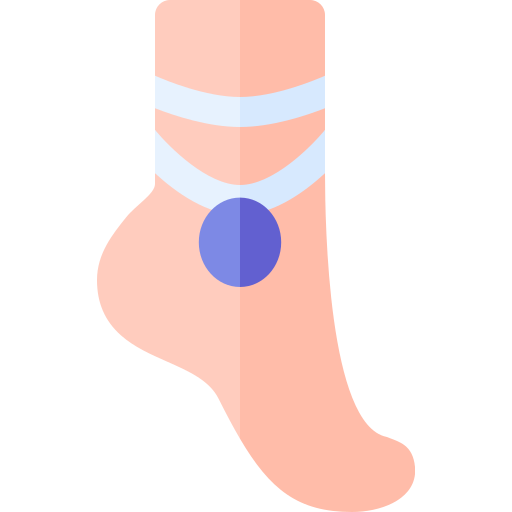Self-love is often misunderstood as a mere sense of satisfaction with oneself; however, it is actually a multidimensional psychological process. It serves as a fundamental pillar of emotional well-being, significantly influencing how we form and manage our interpersonal relationships, our ability to achieve our goals, and the maintenance of our mental health. To fully understand and apply self-love, it is crucial to differentiate between the concepts of self-love, self-esteem, and self-care, as each plays a different but essential role in our overall psychological and emotional well-being.
Self-Love vs. Self-Esteem vs. Self-Care
Self-love can be defined as the unconditional acceptance of ourselves, including our flaws. It involves the practice of valuing ourselves regardless of external achievements or failures. This entails recognizing our worth even in difficult moments and treating ourselves with kindness. This concept is related to self-compassion, which encompasses elements such as kindness towards oneself, mindfulness, and recognition of the shared human experience (Neff, 2011).
On the other hand, self-esteem primarily relates to how we evaluate ourselves. This evaluation can be variable and dependent on the successes and failures we experience. Although high self-esteem has been linked to well-being, research indicates that it is often conditional and reliant on external validation. Specifically, excessive dependence on self-esteem can create problems, leading to fragile self-worth when it is solely determined by achievements (Crocker & Park, 2004).
Self-care includes the actions we take to ensure our physical, emotional, and mental well-being. Activities such as exercise, rest, and engaging in hobbies are critical components of self-care. However, self-love extends beyond these actions. Specifically, while self-care focuses on specific behaviors and practices, self-love refers to the attitude and mindset we adopt towards these behaviors (Miller, 2020).
Self-Love as a Practice
Self-love is not a final destination, but a continuous practice. It requires the conscious choice to treat ourselves with respect, compassion, and understanding every day. According to research, self-compassion can be cultivated over time and contribute to improved emotional well-being (Neff & Germer, 2013). This includes recognizing our mistakes without harsh criticism and learning to set boundaries that protect our mental health (Brown, 2019).
By practicing self-love, we develop resilience, allowing us to better cope with life’s challenges. This inner strength fosters healthier relationships, as we no longer seek validation from others to feel worthy. Furthermore, self-love promotes success guiding us to pursue goals that reflect our authentic selves rather than yielding to external pressures (Deci & Ryan, 2000).
Ultimately, self-love creates a stable mental foundation. Research shows that it helps reduce anxiety, stress, and self-criticism, leading to improved mental health (Neff, 2003). When we love ourselves, we cultivate an environment of growth, acceptance, and joy that positively affects all areas of our lives—from personal relationships to professional successes.
In summary, self-love does not mean that we must be perfect or feel confident all the time. It represents the recognition of our worth, kindness towards ourselves, and the daily practice of acceptance. It is an ongoing journey towards emotional balance and personal fulfillment.
Βιβλιογραφικές Αναφορές
Brown, B. (2019). Dare to lead: Brave work. Tough conversations. Whole hearts. Random House.
Crocker, J., & Park, L. E. (2004). The costly pursuit of self-esteem. Psychological Bulletin, 130(3), 392-414.
Deci, E. L., & Ryan, R. M. (2000). The “what” and “why” of goal pursuits: Human needs and the self-determination of behavior. Psychological Inquiry, 11(4), 227-268.
Neff, K. D. (2003). The development and validation of a scale to measure self-compassion. Self and Identity, 2(3), 223-250.
Neff, K. D. (2011). Self-compassion: The proven power of being kind to yourself. William Morrow.
Neff, K. D., & Germer, C. K. (2013). A pilot study and randomized controlled trial of the mindful self-compassion program. Journal of Clinical Psychology, 69(1), 28-44.
Miller, A. (2020). The power of self-care. Penguin Life.










